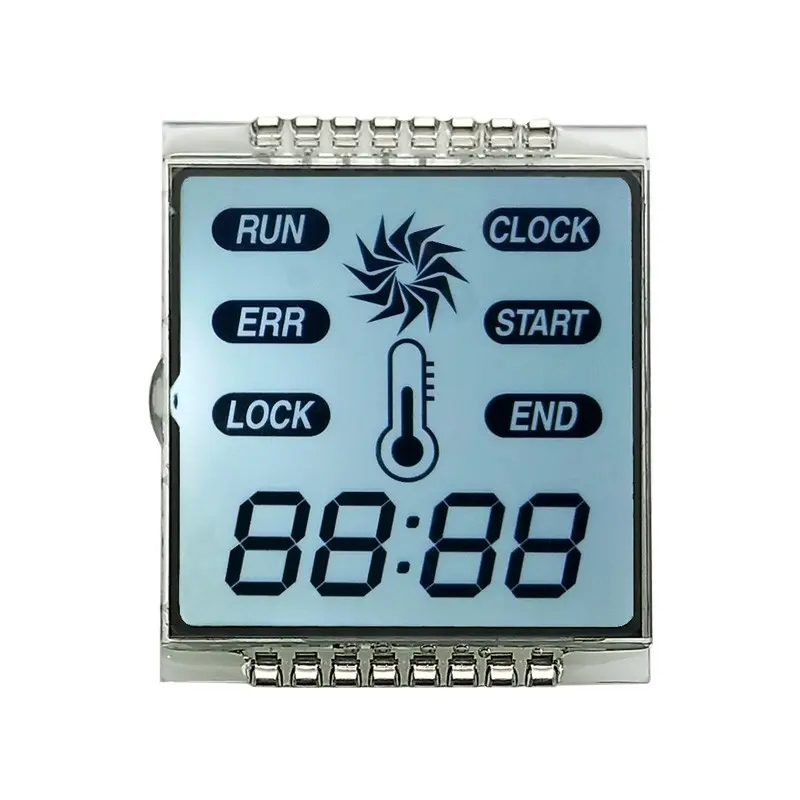
Selecting the right dot matrix display for your Arduino project can be challenging, given the wide range of options available. This guide simplifies the process by examining top-performing displays, factoring in resolution, cost, and ease of integration with Arduino. We'll delve into the specifications, advantages, and drawbacks of each, enabling you to make an informed decision. We'll also touch upon the crucial aspect of pricing to ensure your project remains within budget. Discover the ideal dot matrix display with Arduino price for your needs.
The resolution (number of pixels) dictates the clarity and detail of your display. Higher resolution means sharper images, but it also increases the price and complexity. Consider the size of the display relative to your project's needs. A larger display is better for displaying more information but requires more space.
Most dot matrix displays communicate with Arduino via SPI or I2C. SPI offers higher speed, while I2C is simpler to implement with fewer pins. Choose the protocol that best suits your project's requirements and your Arduino board's capabilities.
Brightness is crucial for visibility in various lighting conditions. A higher brightness display is ideal for outdoor applications. The viewing angle determines how far you can move away from the display before the image becomes distorted. Consider these factors, especially if the display is meant for public viewing.
Low power consumption is essential for portable projects, especially those battery-powered. Consider the display's power draw before making your selection. The datasheet of the display will provide information on current and voltage requirements.
Here are a few popular choices for best dot matrix display with arduino price considerations:
| Display Model | Resolution | Interface | Approximate Price (USD) | Pros | Cons |
|---|---|---|---|---|---|
| MAX7219-based 8x8 LED Display | 8x8 (single module) | SPI | $3 - $5 | Low cost, easy to cascade | Low resolution |
| 16x2 Character LCD | 16 characters x 2 lines | I2C or Parallel | $5 - $10 | Easy to use, widely available | Limited graphics capability |
| 32x32 Dot Matrix Display | 32x32 | SPI | $15 - $30 | Higher resolution, capable of complex graphics | More complex to interface |
Note: Prices are approximate and can vary depending on the vendor and quantity purchased. For more detailed information on specific models, it is recommended to check online retailers and datasheets.
Once you've chosen your dot matrix display, connecting it to your Arduino involves following the wiring diagram provided in the display's documentation. This typically involves connecting the power, ground, data, and clock pins. Libraries are often available to simplify the programming process. Many examples and tutorials are available online to guide you through the initial setup and display control.
For high-quality and diverse LCD and display solutions, consider exploring the options available at Dalian Eastern Display Co., Ltd. They offer a wide selection of displays for various applications.
Choosing the best dot matrix display with Arduino price in mind requires careful consideration of your project's specific needs. By understanding the key factors discussed above and researching available options, you can select the ideal display to bring your project to life. Remember to always consult the datasheets for detailed specifications and wiring instructions.












